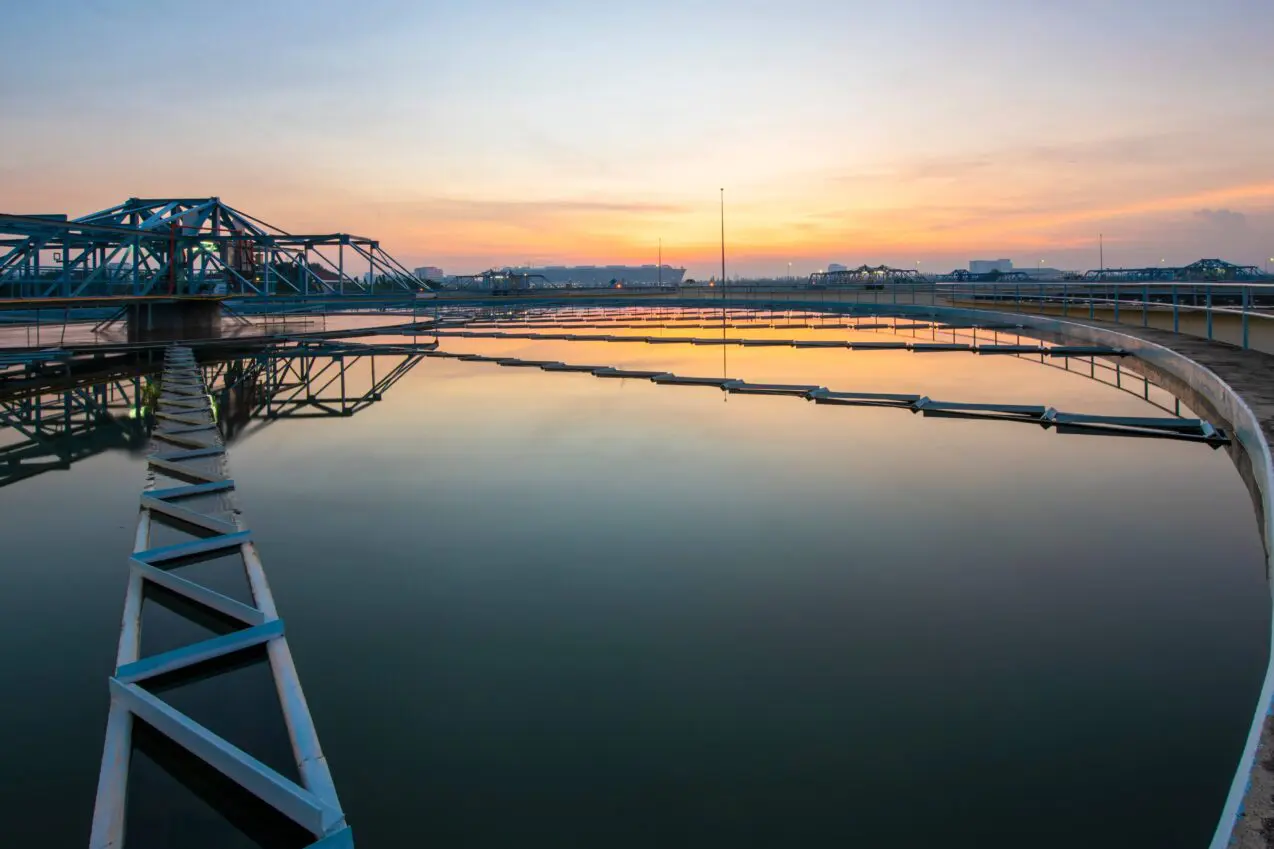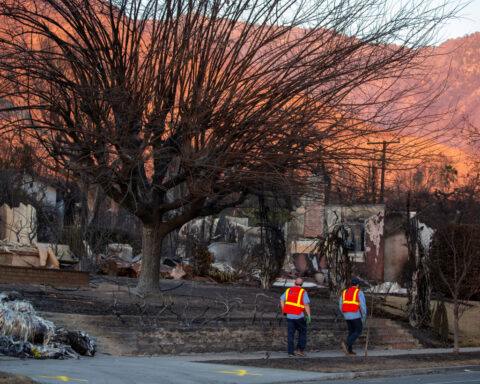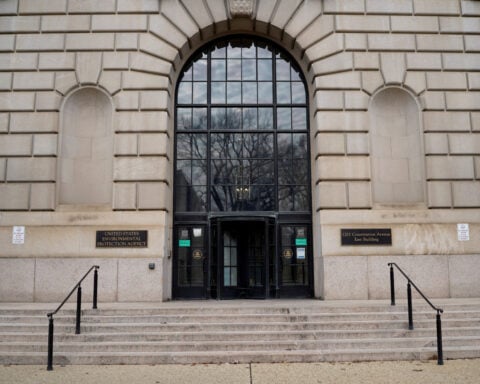A new UCLA study has confirmed Los Angeles' ambitious wastewater recycling initiative would strengthen the city's water security amid growing climate challenges and potential natural disasters.
The analysis, conducted by researchers at the UCLA Luskin Center for Innovation, examined the city's Pure Water L.A. project. It’s a $6 billion infrastructure investment aimed at recycling all of the city's wastewater for drinking water by 2035. The project would generate more than 250,000 acre-feet of potable water annually to serve over half a million households.
"Supporting wastewater recycling infrastructure at scale now would be a strategic investment to address immediate water supply challenges and offer long-term economic and water security benefits," Nicolas Chow, a researcher affiliated with both UCLA Luskin Center for Innovation and Oxford University, said.
Through the year, sanitation districts clean wastewater of over 5 million residents and convert them into resources. 11 wastewater treatment facilities treat at least 510 million gallons of water per day.
The research team developed the OpNEXT Resilience Analysis Model to evaluate approximately 100,000 different scenarios, assessing the project's potential impacts on water security and economic benefits. Their findings indicate that the infrastructure investment would substantially reduce the city's vulnerability to earthquakes and drought-related water shortages while minimizing risks associated with aging infrastructure and uncertain water imports.
Gregory Pierce, research director of UCLA Luskin Center for Innovation, emphasized the urgency of developing local water sources.
"Because climate uncertainty will be the largest driver of the city's water shortage, the city must adapt by developing more local, reliable supplies," Pierce said. "Operation Next is by far the biggest opportunity the city has to do so."
The study's methodology could serve as a blueprint for other major metropolitan areas facing similar water security challenges. Cities like Phoenix and Las Vegas rely heavily on imported water and could apply similar analytical approaches to evaluate their water infrastructure investments.
Previously known as Operation Next, the Pure Water L.A. project represents a critical component of the city's strategy to achieve water independence. The L.A. Department of Water and Power's commitment to invest at least $6 billion in the initiative reflects the growing recognition of wastewater recycling as a viable solution for urban water security.
The UCLA analysis suggests the project would enhance local water supply resilience and deliver substantial regional economic benefits. The findings come as cities worldwide grapple with the challenges of securing sustainable water sources in the face of climate change and population growth.

 Trump has begun another trade war. Here's a timeline of how we got here
Trump has begun another trade war. Here's a timeline of how we got here
 Canada's leader laments lost friendship with US in town that sheltered stranded Americans after 9/11
Canada's leader laments lost friendship with US in town that sheltered stranded Americans after 9/11
 Chinese EV giant BYD's fourth-quarter profit leaps 73%
Chinese EV giant BYD's fourth-quarter profit leaps 73%
 You're an American in another land? Prepare to talk about the why and how of Trump 2.0
You're an American in another land? Prepare to talk about the why and how of Trump 2.0
 Chalk talk: Star power, top teams and No. 5 seeds headline the women's March Madness Sweet 16
Chalk talk: Star power, top teams and No. 5 seeds headline the women's March Madness Sweet 16
 Purdue returns to Sweet 16 with 76-62 win over McNeese in March Madness
Purdue returns to Sweet 16 with 76-62 win over McNeese in March Madness








